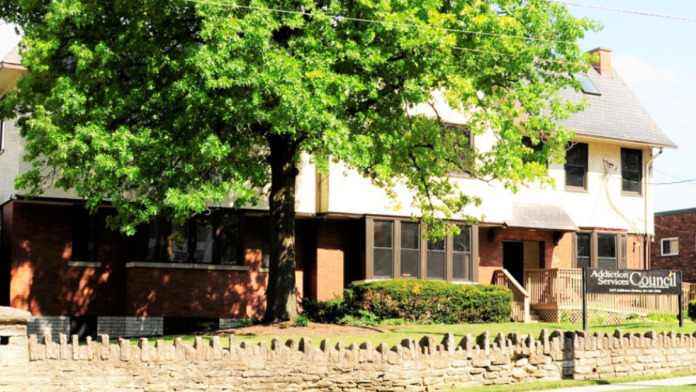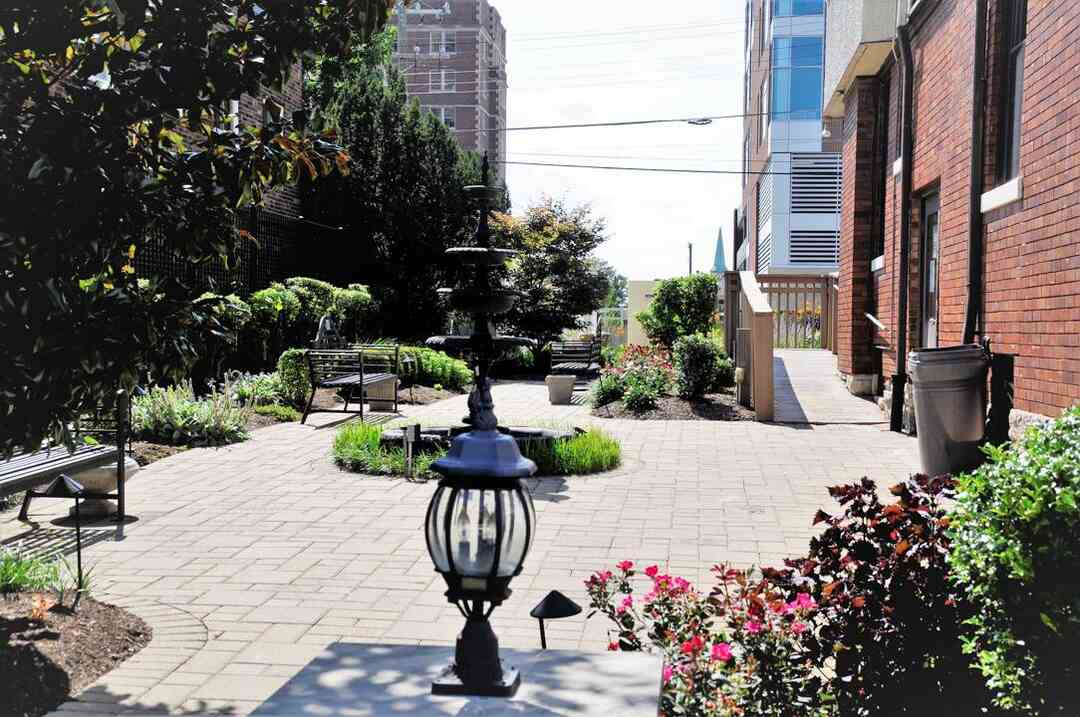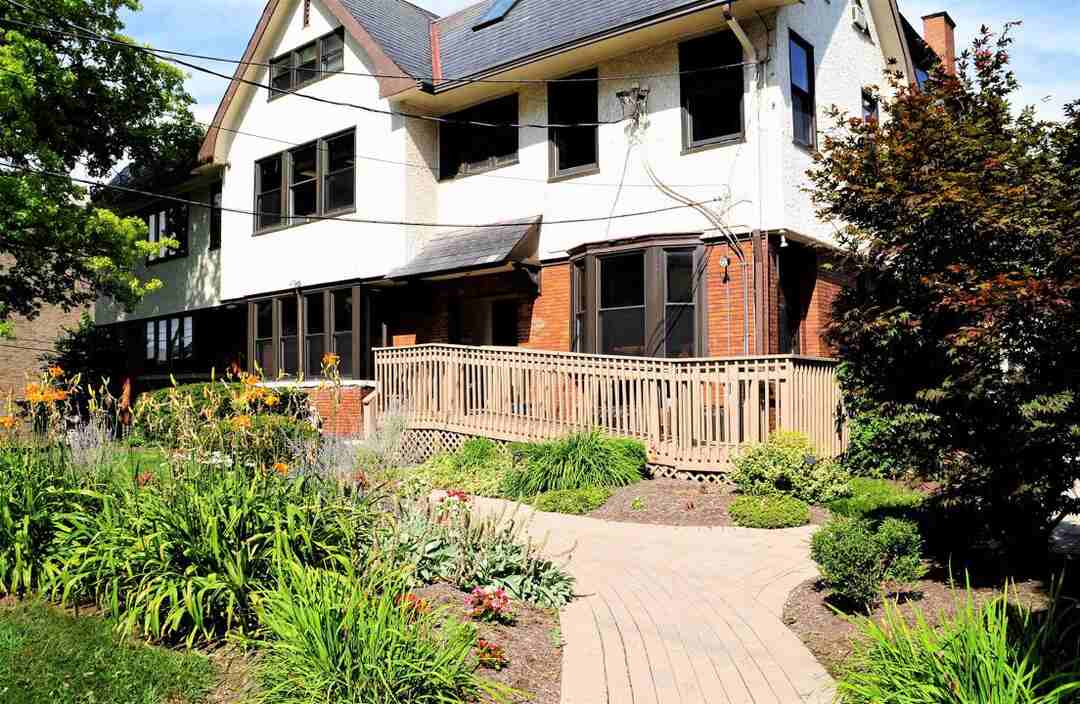About Addiction Services Council – Cincinnati
Addiction Services Council is a community outpatient facility that provides low cost and accessible support for adults dealing with substance misuse in Cincinnati, Ohio. They offer various outpatient services including prevention, treatment and educational support. These services adapt to changing local community culture.
Their program starts with a diagnostic assessment to identify your needs and guide personalized treatment planning. They’ll refer you to community providers that offer high intensity inpatient care if assessment shows a severe substance use disorder. They can even provide crisis intervention to stabilize and get you the support you need to move forward when dealing with an addictive behavioral crisis.
Their personalized outpatient therapy involves individual, group, and family counseling. Individual counseling with your primary therapist focuses on identifying personal challenges and discussing the steps necessary to overcome them. It enables you to address stress, unresolved trauma, and emotions that trigger substance misuse. The therapist will help you set practical goals, build coping skills and track progress as you work through these triggers.
Group counseling lets you share, connect, and interact with peers facing similar challenges in a nonjudgmental setting. It’s a great avenue to build social skills, develop trust and create strong support networks. These are all essential for sober living and relapse prevention. Family counseling fosters positive family dynamics through improved communication with your loved ones. This strengthens your support which is good for your recovery.
You’ll participate in educational sessions to learn about the disease of addiction, its prevailing impact and recovery strategies. You’ll benefit from the guidance of peers who have lived experiences through their peer support services. These peers can serve as mentors and a source of hope and inspiration.
They may conduct random urine analysis to ensure compliance with treatment guidelines.
The treatment is complemented by case management services. This may include care coordination, client advocacy and connection to community resources like safe housing and job placement. This facility also provides workplace training/intervention, community outreach and school based prevention services.






